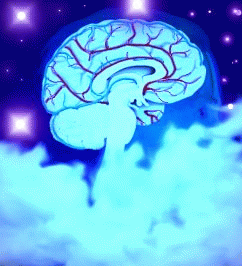
A Manner of Speaking: Words That Heal, Words That Harm |
|
| Rate It | View Ratings |

OpEdNews depends upon can't survive without your help.
If you value this article and the work of OpEdNews, please either Donate or Purchase a premium membership.
If you've enjoyed this, sign up for our daily or weekly newsletter to get lots of great progressive content.
Most Popular Articles by this Author: (View All Most Popular Articles by this Author)
Scandals and Sociopaths: The Psychology of American Politics
I Fear, Therefore I Buy: A New American Economy
PRIMUN NON NOCERE: First Do No Harm
"What Am I Supposed to Do?" The Case for Self-Sufficiency Made Personal
Why Are We Still Trying to Conquer Nature?
Parents as Authorities?
To View Comments or Join the Conversation:



